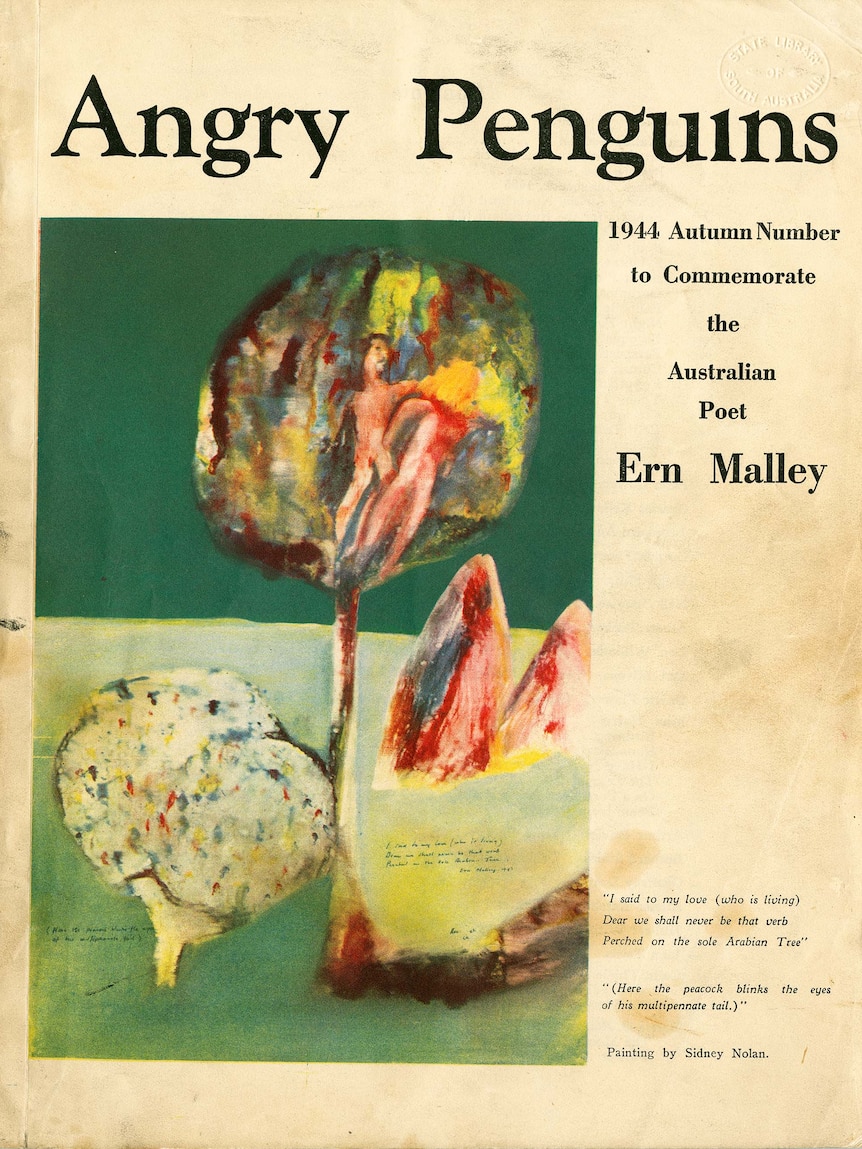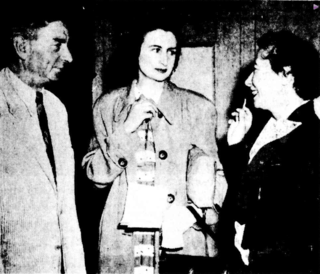
John Lawrence Ashbery was an American poet and art critic.

The Ern Malley hoax, also called the Ern Malley affair, is Australia's most famous literary hoax. Its name derives from Ernest Lalor "Ern" Malley, a fictitious poet whose biography and body of work were created in one day in 1943 by conservative writers James McAuley and Harold Stewart in order to hoax the Angry Penguins, a modernist art and literary movement centred around a journal of the same name, co-edited by poet Max Harris and art patron John Reed, of Heide, Melbourne.
John Forbes was an Australian poet.
John Kinsella is an Australian poet, novelist, critic, essayist and editor. His writing is strongly influenced by landscape, and he espouses an 'international regionalism' in his approach to place. He has also frequently worked in collaboration with other writers, artists and musicians.

Philip Blake Morrison FRSL is an English poet and author who has published in a wide range of fiction and non-fiction genres. His greatest success came with the publication of his memoirs And When Did You Last See Your Father?, which won the J. R. Ackerley Prize for Autobiography. He has also written a study of the murder of James Bulger, As If. Since 2003, Morrison has been Professor of Creative and Life Writing at Goldsmiths College, University of London. He is a Fellow of the Royal Society of Literature.

John Ernest Tranter is an Australian poet, publisher and editor. He has published more than twenty books of poetry; devising, with Jan Garrett, the long running ABC radio program Books and Writing; and founding in 1997 the internet quarterly literary magazine Jacket which he published and edited until 2010, when he gave it to the University of Pennsylvania.

Peter Neville Frederick Porter OAM was a British-based Australian poet.

Leslie Allan Murray was an Australian poet, anthologist, and critic. His career spanned over 40 years and he published nearly 30 volumes of poetry as well as two verse novels and collections of his prose writings.
П. O. is a Greek-Australian, working class, anarchist poet.

John Yau is an American poet and critic who lives in New York City. He received his B.A. from Bard College in 1972 and his M.F.A. from Brooklyn College in 1978. He has published over 50 books of poetry, artists' books, fiction, and art criticism.

Rosemary de Brissac Dobson, AO was an Australian poet, who was also an illustrator, editor and anthologist. She published fourteen volumes of poetry, was published in almost every annual volume of Australian Poetry and has been translated into French and other languages.
John Alan Scott is an English-Australian poet, novelist and academic.

Harold Frederick Stewart was an Australian poet and oriental scholar. He is chiefly remembered alongside fellow poet James McAuley as a co-creator of the Ern Malley literary hoax.
Douglas Stewart was a major twentieth century Australian poet, as well as short story writer, essayist and literary editor. He published 13 collections of poetry, 5 verse plays, including the well-known Fire on the Snow, many short stories and critical essays, and biographies of Norman Lindsay and Kenneth Slessor. He also edited several poetry anthologies.
Crazyhorse is an American magazine that publishes fiction, poetry, and essays. Since 1960, Crazyhorse has published many of the finest voices in literature, including John Updike, Raymond Carver, Jorie Graham, John Ashbery, Robert Bly, Ha Jin, Lee K. Abbott, Philip F. Deaver, Stacie Cassarino, W. P. Kinsella, Richard Wilbur, James Wright, Carolyn Forché, Charles Simic, Charles Wright, Billy Collins, Galway Kinnell, James Tate, and Franz Wright.

Harvard Review is a biannual literary journal published by Houghton Library at Harvard University.
Island Magazine is a literary publication produced in Hobart, Tasmania. Island is one of only two literary magazines operating from regional Australia.
Dr. Grace Perry was an Australian poet, playwright, and founder and editor of the South Head Press and Poetry Australia magazine. Her press and magazine provided launching pads for many noted Australian poets such as Bruce Beaver, Les Murray, John Tranter and John Millett.
Peter Craven is an Australian literary critic and cultural studies writer.
Stephen Kenneth Kelen, known as S. K. Kelen, is an Australian poet and educator. S. K. Kelen began publishing poetry in 1973, when he won a Poetry Australia contest for young poets and several of his poems were published in that journal.









